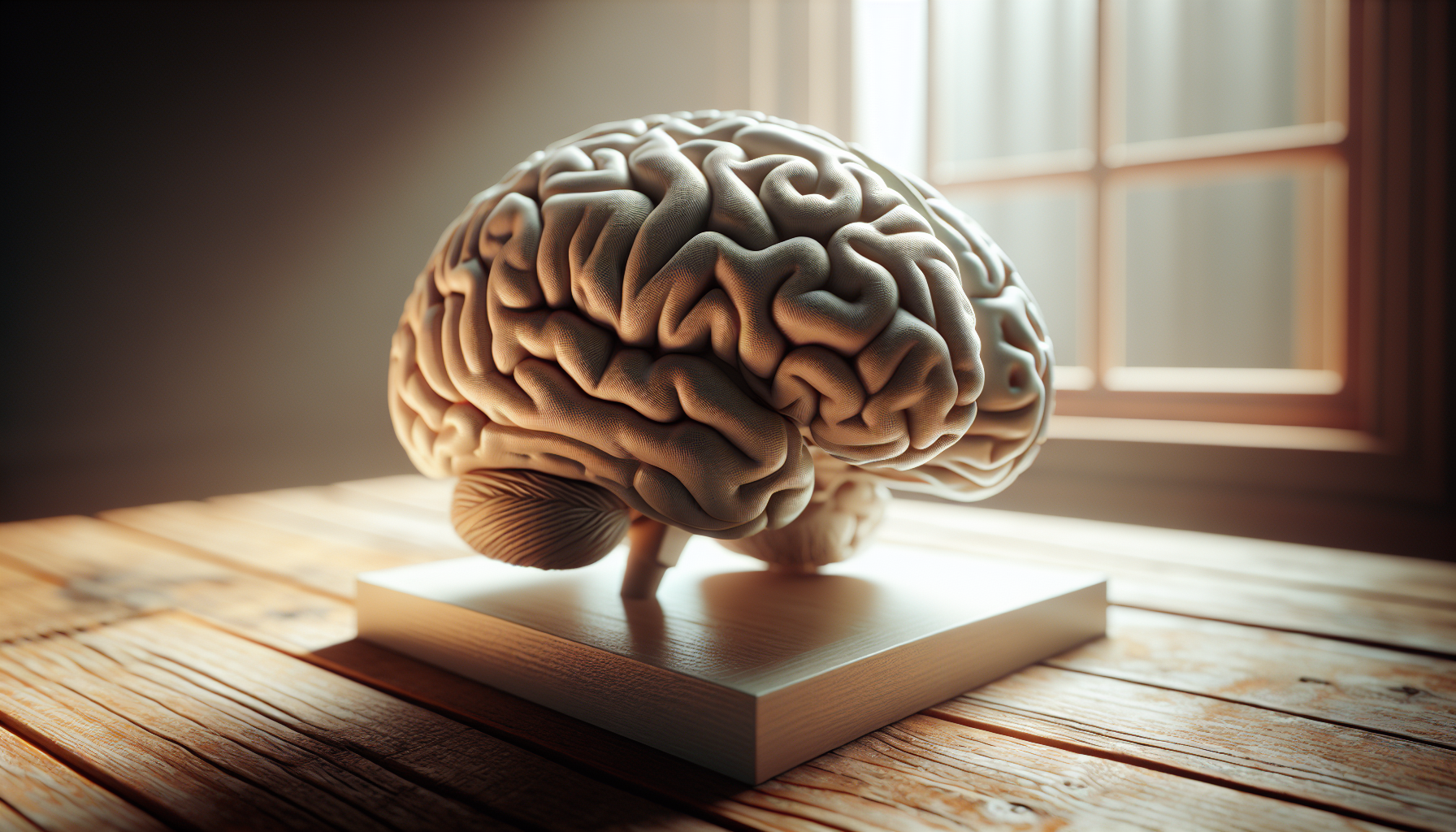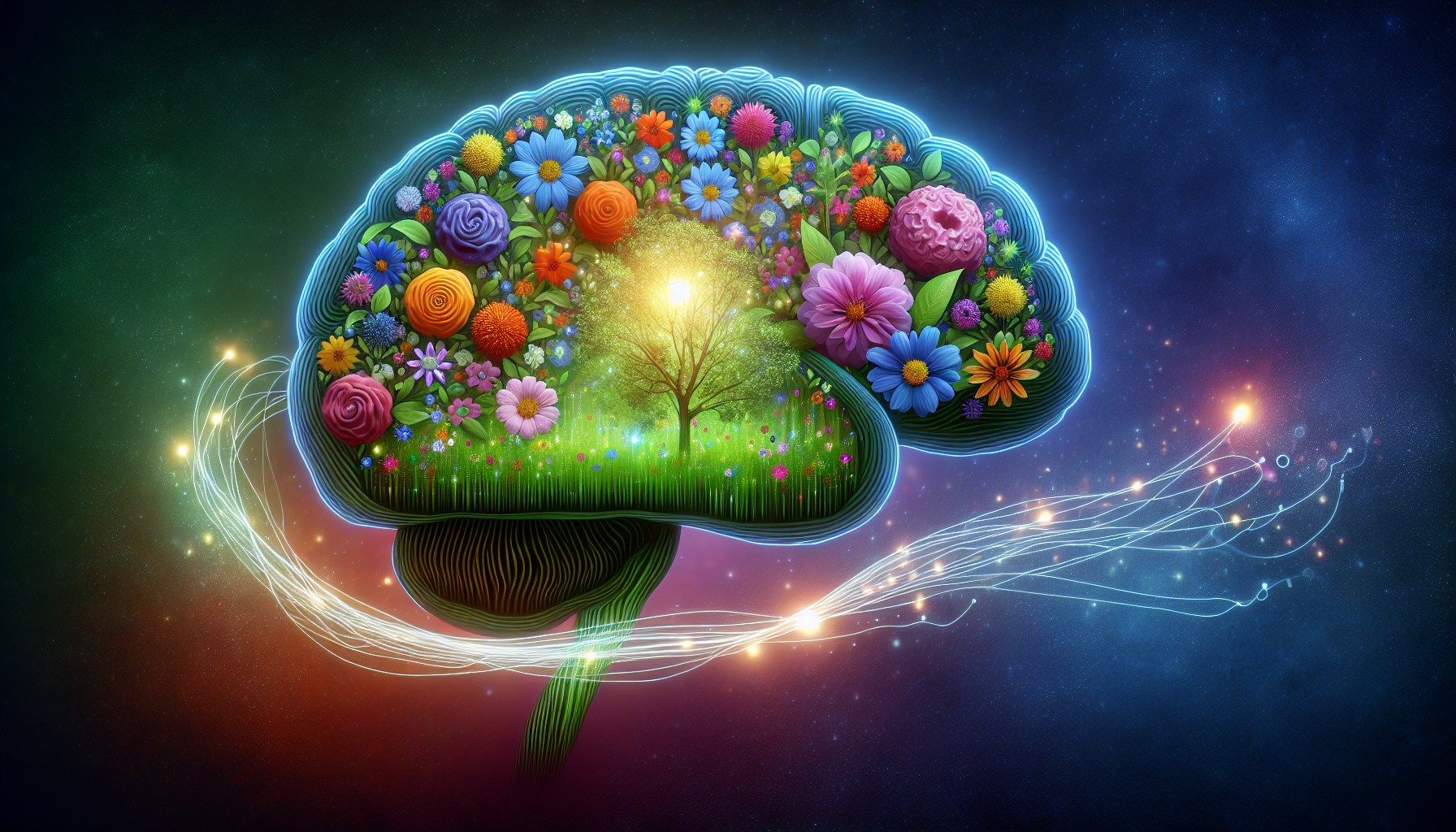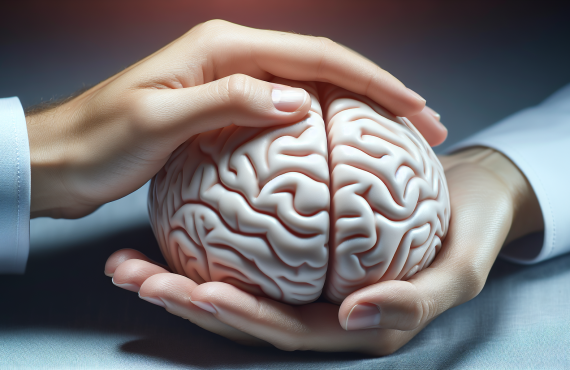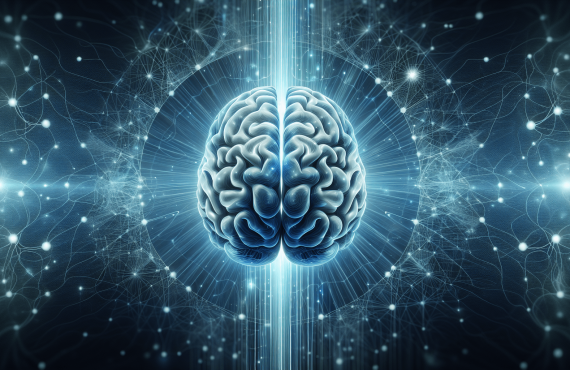Have you ever found yourself repeating something to someone who seems to forget it almost instantly? Short-term memory loss is a common issue that affects many people. It’s more than simply forgetting a phone number or where you placed your keys. This challenge can significantly impact daily life for both the person experiencing it and their loved ones. So, how can you support someone facing this issue? Let’s explore practical ways to assist someone with short-term memory loss.
Table of Contents
Understanding Short-term Memory Loss
Short-term memory loss involves the inability to retain new information for a brief period of time. Imagine trying to hold sand in your hands and watching it slowly seep through your fingers; it’s much like that. This condition might result from various factors, such as age, stress, or medical conditions like dementia. Recognizing that everyone experiences this differently is crucial to providing effective support.
Causes of Short-term Memory Loss
Understanding the root causes of memory loss can aid in tailoring your approach. Some common causes include:
- Aging: As we age, some degree of memory decline is natural.
- Stress and Anxiety: High levels of stress can impact your brain’s ability to store information.
- Medical Conditions: Conditions such as Alzheimer’s, strokes, or brain injuries can severely affect memory.
- Lifestyle Factors: Poor nutrition, lack of sleep, and substance abuse also contribute to memory loss.
Symptoms to Recognize
Identifying short-term memory loss involves noticing patterns of forgetfulness. These might include:
- Frequently asking the same questions.
- Forgetting recent events or conversations.
- Struggling to follow discussions or instructions.
Recognizing these signs is the first step toward helping someone cope with memory challenges.

Effective Strategies to Help
Now that we have a better grasp of what short-term memory loss entails, let’s discuss strategies to support someone dealing with this issue. Each person is unique, so you may need to try different approaches to see what works best.
Encouraging a Healthy Lifestyle
A healthy lifestyle can improve brain function in incredible ways. Encourage habits that promote both physical and mental well-being. This might include:
- Balanced Diet: Ensure meals are rich in fruits, vegetables, and whole grains, which are good for brain health.
- Regular Exercise: Simple activities like walking can significantly enhance cognitive function.
- Adequate Sleep: A good night’s sleep is crucial for memory retention.
- Stress Management: Practices such as meditation or yoga can help reduce stress levels.
Creating a Supportive Environment
The environment plays a big role in how well someone can manage their memory issues. Here are some ways to make the environment more supportive:
- Use Reminders: Utilize calendars, notes, and alarms as reminders for important tasks.
- Keep a Routine: Consistency helps reinforce memory. Having meals and activities at the same time each day can help.
- Reduce Clutter: Keeping the living space organized will reduce confusion.
Engagement and Communication
When communicating with someone with short-term memory loss, patience is key. Here’s how to do it effectively:
- Be Patient and Calm: Give them time to respond without feeling rushed or pressured.
- Repeat Information: Sometimes, repetition helps reinforce memory.
- Use Simple Language: Simple and clear communication reduces confusion and helps understanding.
Memory Aids and Techniques
Introduce memory aids to help them remember important information. Here are a few suggestions:
- Memory Books or Journals: Encourage writing down daily activities.
- Photo Albums: Visual aids can trigger memories and stimulate conversation.
- Technology: Apps and digital reminders can be incredibly useful for organizing daily tasks.

Professional Support
At times, professional assistance may become essential. Seeking help from healthcare professionals, therapists, or specialists can provide additional support and resources.
Consult Healthcare Providers
It’s often wise to consult with a healthcare provider who can offer a thorough evaluation and recommend potential treatments. Some possibilities include:
- Chiropractic Care: Henry Chiropractic, for example, offers services that focus on overall wellness. Dr. Craig Henry and Dr. Aaron Hixon are available to help improve life quality in patients with diverse health needs.
- Cognitive Therapy: Specialist therapists offer sessions focused on enhancing memory and cognitive skills.
- Medication: For some medical conditions, medications may help manage symptoms.
Hyperbaric Therapy
Another less conventional yet promising option is hyperbaric therapy. This treatment involves breathing pure oxygen in a specially designed chamber. The benefits of this treatment include:
- Stimulating the body’s natural healing processes.
- Enhancing tissue repair.
- Reducing inflammation.
Hyperbaric Therapy can potentially aid in improving memory by enhancing overall brain health. For more information, you might want to consult specialists or healthcare providers who offer this treatment.

FAQs
How can I test if someone has short-term memory loss?
Administering simple tests like recalling a list of words after a few minutes can help. However, a proper evaluation by healthcare professionals is recommended for accurate diagnosis.
Can short-term memory loss be reversed?
In some cases, yes. Memory loss due to lifestyle factors or medications might improve with changes in habits or treatments. However, degenerative diseases might require ongoing support.
Is it possible for stress to cause short-term memory loss?
Absolutely. Stress affects brain performance and can lead to memory issues. Stress management techniques can significantly improve memory problems related to stress.
Can chiropractic care help with memory issues?
Yes, chiropractic care can enhance overall wellness, which may contribute positively to brain health. Chiropractors like Dr. Craig Henry and Dr. Aaron Hixon provide services aimed at improving health and well-being, which can create a beneficial environment for memory improvement.
How often is hyperbaric therapy recommended?
The frequency of sessions can differ based on individual needs and the condition being treated. Consulting with a healthcare provider can offer guidance tailored to personal circumstances and needs.
In conclusion, remembering that patience, empathy, and a proactive approach make a significant difference can help someone experiencing short-term memory loss feel supported and capable. Encouraging healthy habits, providing memory aids, and considering professional therapies are all steps in the right direction. If you require any further guidance or have questions, reaching out to healthcare providers, like those at Henry Chiropractic, may provide useful support and reassurance.
For more personalized advice or treatments, consider contacting:
Henry Chiropractic
1823 N 9th Ave
Pensacola, FL 32503
(850) 435-7777
Visit their website
Remember, a little help goes a long way when dealing with memory loss.


























